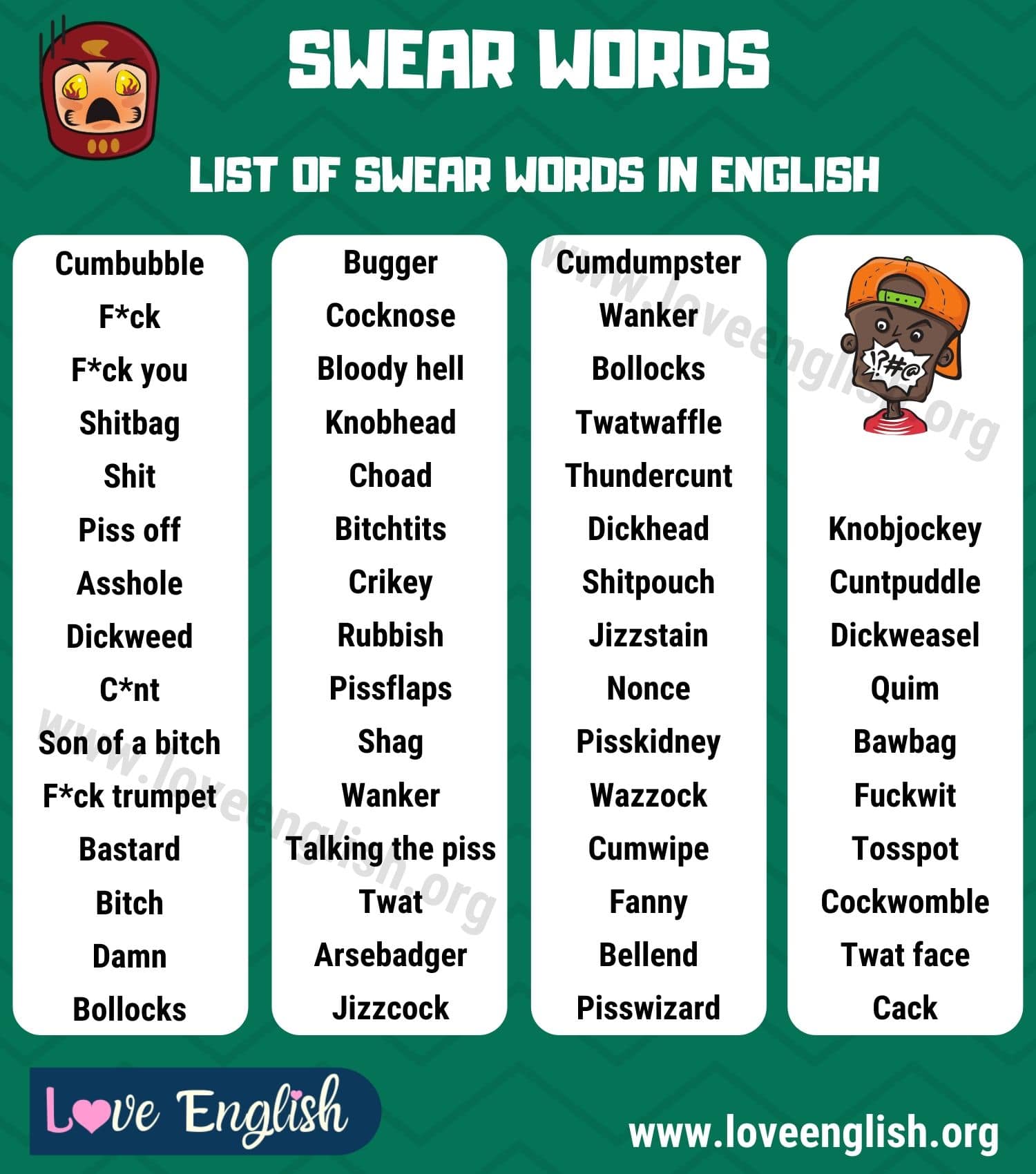Unpacking the Toxic Truth: Decoding the "E" Word and How to Move Forward
The "E" word has become a part of modern discourse, with its usage and connotations shifting dramatically in recent years. From its origins in derogatory slang to its current usage in feminist and LGBTQ+ communities, the term has taken on a life of its own. But despite its evolution, the "E" word remains a lightning rod for controversy and offense. In this article, we'll delve into the history and implications of the term, exploring its evolution, cultural context, and the ways in which it continues to shape our conversations about identity, power, and privilege.
The "E" word has its roots in a long history of derogatory slang, with its modern usage tracing back to the early 20th century. During this time, the term was often used as a euphemism for anti-Semitic slurs, with its use becoming increasingly prevalent in the 1960s and 1970s. However, it wasn't until the 2010s that the term gained widespread attention and notoriety, particularly in the context of feminist and LGBTQ+ movements.
A Brief History of the Term
- Early 20th century: The "E" word begins to take shape as a derogatory slang term, often used to describe Jewish people or individuals perceived as Jewish.
- 1960s-1970s: The term gains wider usage, particularly in the context of anti-Semitic violence and rhetoric.
- 2010s: The term becomes a focal point of controversy, particularly in the context of feminist and LGBTQ+ movements, with its use sparking heated debates and calls for accountability.
The term's evolution is closely tied to the shifting cultural and social landscapes of the past few decades. As feminist and LGBTQ+ movements have gained momentum, so too has the "E" word's significance. For some, the term has become a powerful tool for highlighting systemic oppression and marginalized identities, while for others, it remains a deeply hurtful and alienating term.
The Complexities of Language and Identity
- Language is often seen as a reflection of the dominant culture, with words and phrases emerging to describe marginalized groups.
- The "E" word's usage reflects the complex and often fraught relationship between language and identity, with its connotations shifting depending on the context and intention.
- However, the term's usage also highlights the limits and biases of language, with its power to harm and marginalize existing and emerging communities.
Moving Forward: Creating a Culture of Respect and Accountability
- Creating a culture of respect and accountability requires ongoing education and dialogue, particularly in communities where the term is most hurtful and alienating.
- Using language that is inclusive and respectful requires a willingness to listen to and amplify marginalized voices, with a focus on creating space for underrepresented communities.
- By engaging in open and honest conversations about the term's usage and implications, we can work towards creating a more inclusive and equitable cultural landscape.
Understanding Power Dynamics
- Power dynamics play a significant role in shaping the term's usage and implications, with marginalized communities often bearing the brunt of its hurtful effects.
- The term's usage can be seen as a reflection of broader societal attitudes towards marginalized identities, with its power to shape cultural narratives and reinforce existing power structures.
- Understanding and challenging these power dynamics is crucial for creating a culture of respect and accountability.
Building Inclusive Language
- Inclusive language requires a commitment to listening to and amplifying marginalized voices, with a focus on creating space for underrepresented communities.
- Using language that is respectful and considerate requires ongoing education and awareness, particularly in communities where the term is most hurtful and alienating.
- By engaging in open and honest conversations about language and identity, we can work towards creating a more inclusive and equitable cultural landscape.
Beyond the Term: Creating a Culture of Respect and Empathy
- Creating a culture of respect and empathy requires ongoing education and dialogue, particularly in communities where the term is most hurtful and alienating.
- The term's usage is just one aspect of a broader cultural landscape, with its impact felt across various social, economic, and cultural contexts.
- By engaging in open and honest conversations about language and identity, we can work towards creating a more inclusive and equitable society.
Fostering Empathy and Understanding
- Empathy and understanding are crucial for creating a culture of respect and accountability, particularly in communities where the term is most hurtful and alienating.
- Fostering empathy requires ongoing education and awareness, particularly in communities where marginalized identities are most underrepresented.
- By engaging in open and honest conversations about language and identity, we can work towards creating a more empathetic and inclusive cultural landscape.
Challenging Systemic Oppression
- Challenging systemic oppression requires ongoing education and dialogue, particularly in communities where the term is most hurtful and alienating.
- The term's usage is just one aspect of a broader cultural landscape, with its impact felt across various social, economic, and cultural contexts.
- By engaging in open and honest conversations about language and identity, we can work towards creating a more equitable and just society.
By engaging in open and honest conversations about the "E" word and its implications, we can work towards creating a more inclusive and equitable cultural landscape. This requires ongoing education and awareness, particularly in communities where marginalized identities are most underrepresented. By listening to and amplifying marginalized voices, we can create a culture of respect and accountability that prioritizes empathy, understanding, and social justice.
Karlan And Connieenio Crimecene Pos
How Tall Iarleyhimkus
Matthew Gray Gubler Controversy
Article Recommendations
- Kimol Song
- Keri Russell Kurt Russell
- Mingus Reedus
- What Is The Blackye Club
- Who Isavid Muirs Wife
- Morgan Vera
- Ileo Roselliott Married
- Esnglish
- Paige Vanzant Fans
- Nia Renee Hill



